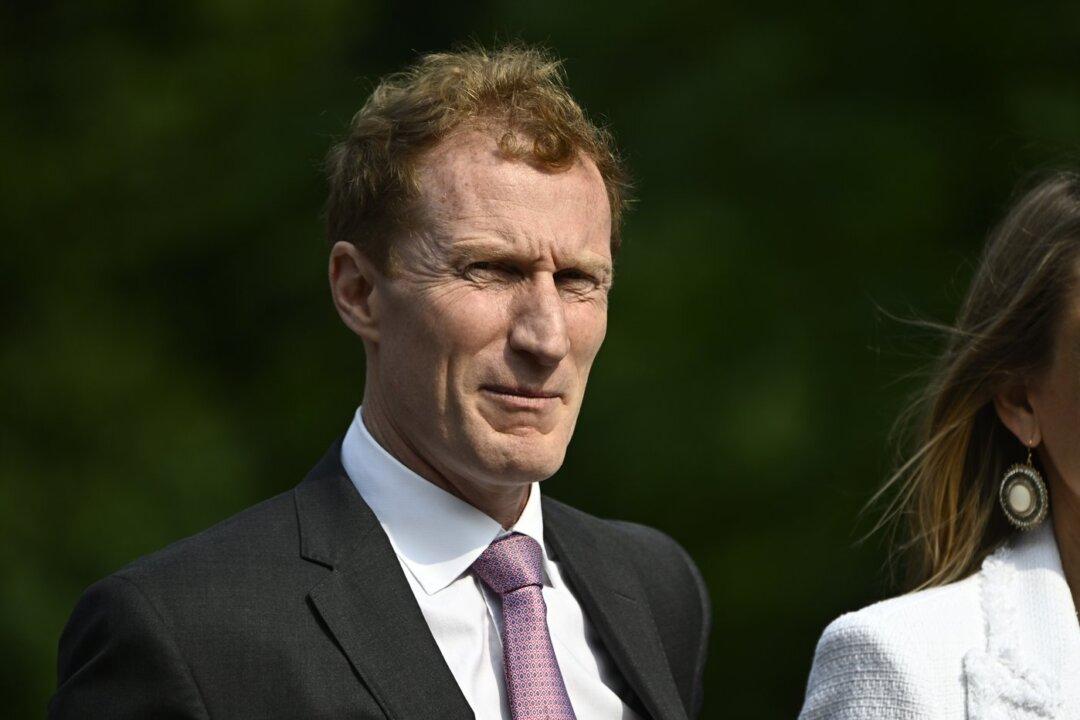Immigration Minister Marc Miller and Conservative Leader Pierre Poilievre clashed on the issue of immigration over the weekend, as the Liberal government ponders whether to put a cap on the number of international students coming to Canada.
Following an interview with CTV News where Mr. Miller said the volume of international students entering Canada was “disconcerting” and that the system had “gotten out of control,” Mr. Poilievre said on X that the comment was a “vicious attack” on the previous Immigration Minister Sean Fraser’s record.





